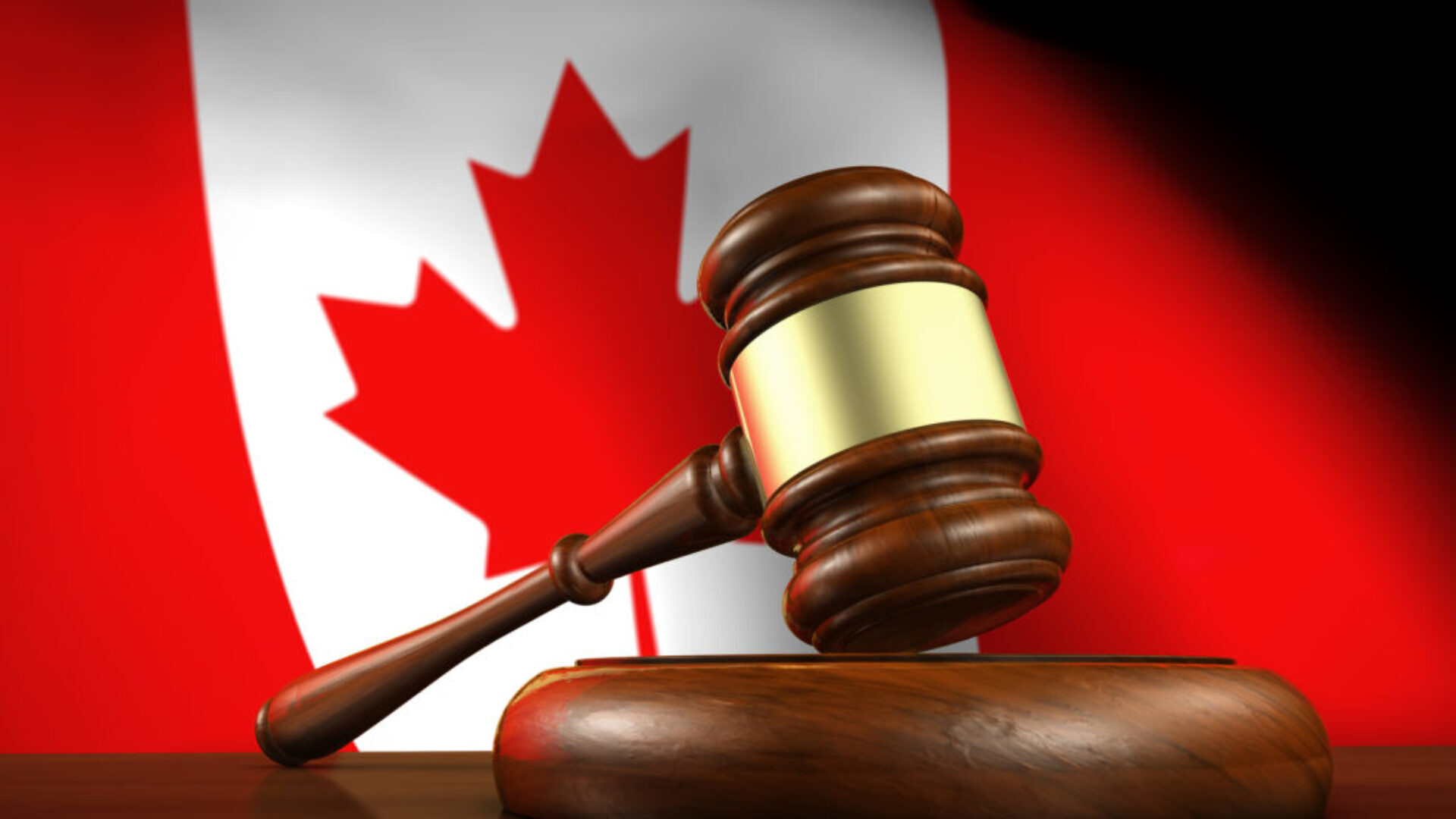Refugee Lawyer Toronto

Refugee Lawyer Toronto
Introduction: Refugee Lawyer Toronto
Canada, known for its inclusive and humanitarian approach to immigration, has long been a haven for refugees seeking safety and protection. The Canadian refugee system is rooted in principles of compassion, fairness, and adherence to international human rights standards. This article delves into the multifaceted realm of refugee law in Canada, exploring its historical development, legal framework, procedural intricacies, and the challenges faced by both refugees and their advocates.
Historical Evolution of Refugee Law & Refugee Lawyer Toronto, Canada
Canada's commitment to refugee protection traces its roots back to its participation in international efforts following World War II. The 1951 Geneva Convention Relating to the Status of Refugees and its 1967 Protocol laid the foundation for modern refugee law. Canada ratified these instruments, incorporating their principles into domestic law.
Over the years, Canada has continually refined its refugee protection system. Landmark cases, such as Singh v. Minister of Employment and Immigration (1985), have significantly influenced the interpretation and application of refugee law. Notably, the Supreme Court of Canada in Singh emphasized the importance of a fair process and the duty of state authorities to consider all relevant factors when deciding on refugee claims.

Legal Framework of Refugee Law in Canada: Refugee Lawyer Toronto
- Refugee Definition: Under Canadian law, a refugee is defined as someone who, owing to a well-founded fear of persecution based on race, religion, nationality, membership in a particular social group, or political opinion, is outside their country of nationality and is unwilling to return.
- Refugee Protection Division (RPD): The RPD, a branch of the Immigration and Refugee Board of Canada (IRB), is responsible for assessing refugee claims. The division conducts hearings to determine whether claimants meet the criteria for refugee status.
- Safe Third Country Agreement: An agreement between Canada and the United States, the Safe Third Country Agreement stipulates that individuals must seek asylum in the first safe country they arrive in. The agreement aims to prevent "asylum shopping" but has faced criticism for its impact on vulnerable asylum seekers.
- Designated Countries of Origin: Canada maintains a list of countries deemed as having a strong human rights record. Refugee claims from these countries undergo an expedited process, assuming that claimants from these nations are generally not in need of refugee protection. Critics argue that this system may overlook individual circumstances.
Procedural Aspects of Refugee Claims: Refugee Lawyer Toronto
- Claim Submission: Individuals seeking refugee protection must submit a detailed claim outlining their reasons for seeking asylum. This initiates the adjudication process.
- Refugee Hearings: The RPD conducts hearings where claimants present their case, supported by evidence and witnesses. Legal representation is crucial during these proceedings.
- Appeal Process: Unsuccessful claimants may appeal to the Refugee Appeal Division (RAD) within a specified timeframe. The RAD assesses decisions for errors in law, fact, or mixed law and fact.
- Judicial Review: If dissatisfied with RAD decisions, claimants can seek judicial review in the Federal Court. This is a critical step in the process and requires legal expertise.

Challenges Faced by Refugee Lawyers in Canada: Refugee Lawyer Toronto
- Legal Aid and Funding: Limited access to legal aid can hinder refugee claimants' ability to secure legal representation. This issue underscores the importance of addressing funding gaps to ensure a fair and just process.
- Changing Policies: Evolving immigration policies and legislative amendments pose challenges for refugee lawyers in staying abreast of the latest developments. Continuous legal education is essential to navigate these changes effectively.
- Backlog and Processing Times: The backlog of refugee claims and lengthy processing times can cause undue hardship for claimants. Lawyers must advocate for timely and efficient adjudication processes.
- Cultural Competence: Understanding diverse cultural backgrounds is crucial for effective representation. Lawyers need to navigate language barriers, cultural nuances, and trauma-informed approaches when working with refugee clients.
Conclusion
In celebrating Canada's rich history of welcoming refugees, it is essential to recognize the legal intricacies that underpin the country's refugee protection system. From its historical evolution to the current legal framework and procedural nuances, the Canadian refugee landscape is complex and dynamic. Refugee lawyers play a pivotal role in upholding the principles of justice, fairness, and compassion as they advocate for those seeking sanctuary on Canadian soil. As we reflect on the past and present, it is imperative to continue refining and improving the refugee protection system to ensure that Canada remains a beacon of hope for those in need.
In case, if you need help from Immigration & Refugee Lawyer or Immigration Consultant in Toronto or other cities, please fill in application below or contact us directly.


